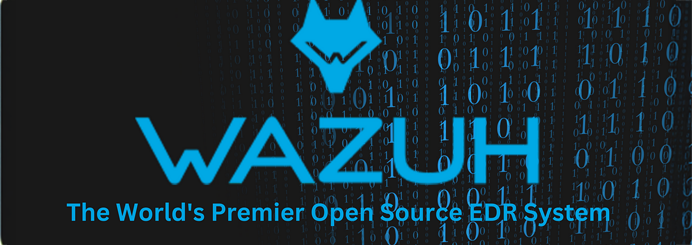In the corporate world, many security tools come with high price tags, often out of reach for students, newcomers, or small teams. Fortunately, a strong ecosystem of open-source security tools offers powerful capabilities and excellent platforms for learning and hands-on training. This page highlights free and open-source alternatives to enterprise solutions, helping you build skills without the budget barrier.
Firewalls
Enterprise firewalls like Cisco and Palo Alto offer powerful protection but are expensive. A great open-source alternative is pfSense, a full-featured firewall and router perfect for hands-on learning. It allows you to build key fundamentals such as security rules, NAT rules, VLANs, and other core functions essential to managing commercial firewall products. pfSense is an ideal platform for gaining real-world experience in firewall configuration and network security.
Security Information and Event Management (SIEM)
Popular SIEM tools like Splunk, LogRhythm, and Datadog are widely used but have high costs. Wazuh is a powerful open-source alternative that offers log analysis, threat detection, and file integrity monitoring, which is excellent for learning how modern SIEMs work.
Network Detection
Tools like Darktrace and ExtraHop offer advanced network threat detection but can be out of reach for training. Security Onion is a free and open-source platform that combines powerful tools for network monitoring, intrusion detection, and threat hunting.
DNS Protection
Solutions like Cisco Umbrella provide cloud-based DNS security but can be costly. Pi-hole is a free, open-source DNS filtering tool that blocks ads and malicious domains. It is excellent for learning DNS-layer protection and improving network hygiene.
Hypervisors
VMware is a leading enterprise virtualization platform, but licensing costs quickly increase. Proxmox VE is a powerful open-source alternative for running and managing virtual machines and containers that are perfect for building lab environments.
Intrusion Detection Systems (IDS)
While many IDS tools are built into broader paid security platforms, excellent open-source options are available. Snortand Suricata are two widely-used IDS tools that provide real-time traffic analysis and threat detection, which is terrific for learning how to detect and respond to network-based attacks.
Kali Linux
Kali Linux is a free, Debian-based operating system for cybersecurity professionals and ethical hackers. Maintained by Offensive Security, it comes preloaded with hundreds of tools for penetration testing, digital forensics, reverse engineering, and vulnerability assessment. Known for its flexibility and customization, Kali is widely used in professional and educational environments to simulate attacks and assess security posture. It supports multiple platforms, including bare-metal, virtual machines, and cloud deployments.







